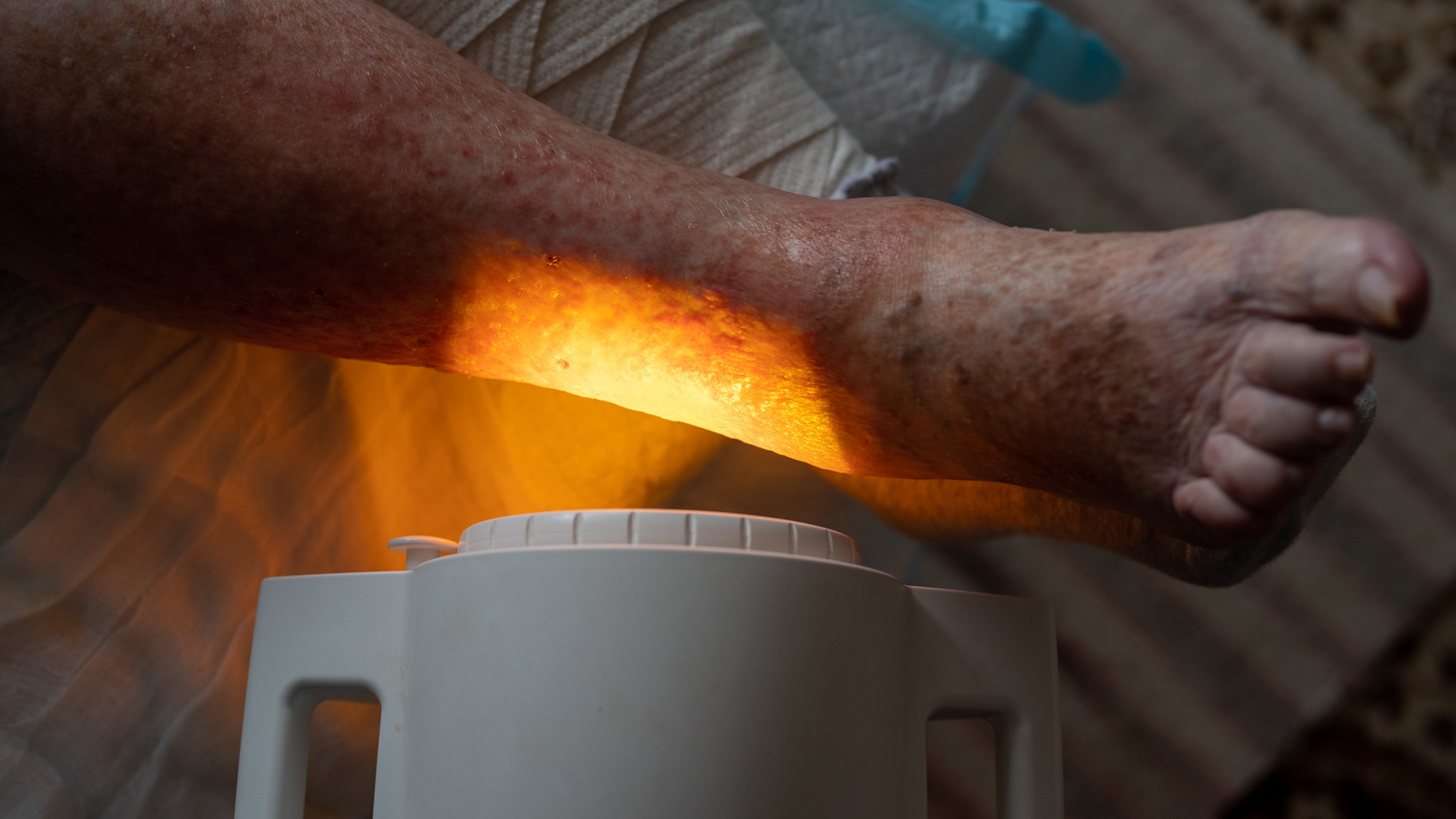
Therapeutic Peptides: An Innovative Alternative Against Cancer
Written by Dr. Joe Díaz
In the constant search for more effective and safer cancer treatments, therapeutic peptides have emerged as an innovative and promising option. These small chains of amino acids, present in many biological processes, show great potential as anticancer agents due to their high selectivity, low toxicity, and ease of synthesis.
Unlike traditional chemotherapy, which typically damages both tumor and healthy cells, peptides can be designed to act specifically on cancer cells. This is achieved because they recognize receptors that are overexpressed on the surface of these cells, allowing for more precise action with fewer side effects.
For example, some peptides target receptors such as HER2 or integrins, commonly present in various types of cancer. Thanks to advances in bioengineering and medicinal chemistry, peptides can now be created that are more stable against enzymatic degradation and have a longer circulation time in the body. There are even
cyclic or chemically modified versions to enhance their therapeutic efficacy.
Types of Peptides in Oncology
There are several classes of peptides used in cancer treatment:
• Cytotoxic peptides: directly induce cancer cell death.
• Inhibitory peptides: block signals that stimulate tumor growth.
• Carrier peptides: act as vehicles that deliver drugs or radioactive agents directly to the tumor.
This versatility makes peptides valuable tools, especially against tumors resistant to radiation or chemotherapy.
Attacking the Root: Mechanisms of Action
Therapeutic peptides can act in different ways:
• Inhibition of proliferative signals: They block receptors such as EGFR, which are responsible for stimulating uncontrolled cell division.
• Induction of apoptosis: They activate natural programmed cell death pathways in cancer cells, without harming healthy cells.
• Inhibition of angiogenesis: They prevent the formation of new blood vessels that feed the tumor by blocking factors such as VEGF.
• Blocking metastasis: They interfere with cell adhesion proteins, reducing the ability of cancer cells to migrate to other organs.
• Carrier peptides: They allow drugs to be delivered directly to the tumor, increasing their efficacy and reducing side effects.
A new frontier in oncology
Therapeutic peptides represent a significant advance in the fight against cancer. Thanks to biotechnology and precision medicine, treatments are emerging as more personalized, less invasive, and potentially more effective. Although they are still under development and study, their clinical application promises to transform the way we face one of the greatest challenges of modern medicine.
by admin
Share
STAY IN THE LOOP





